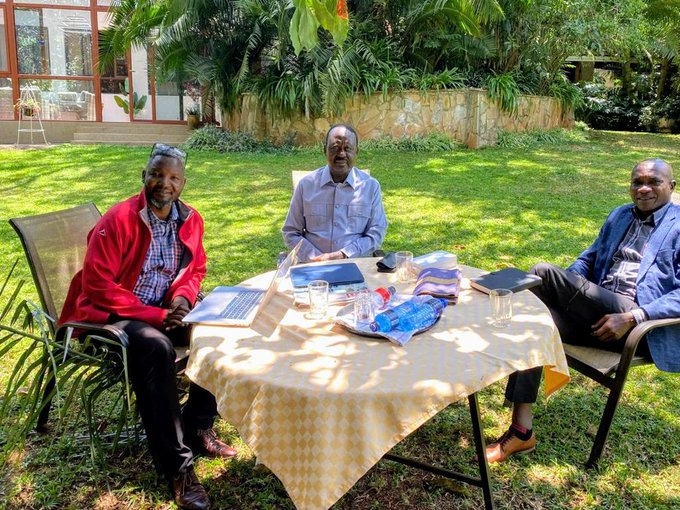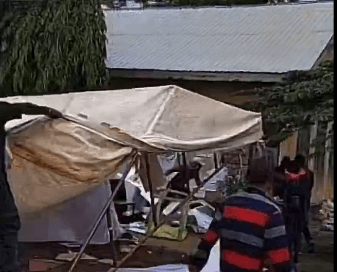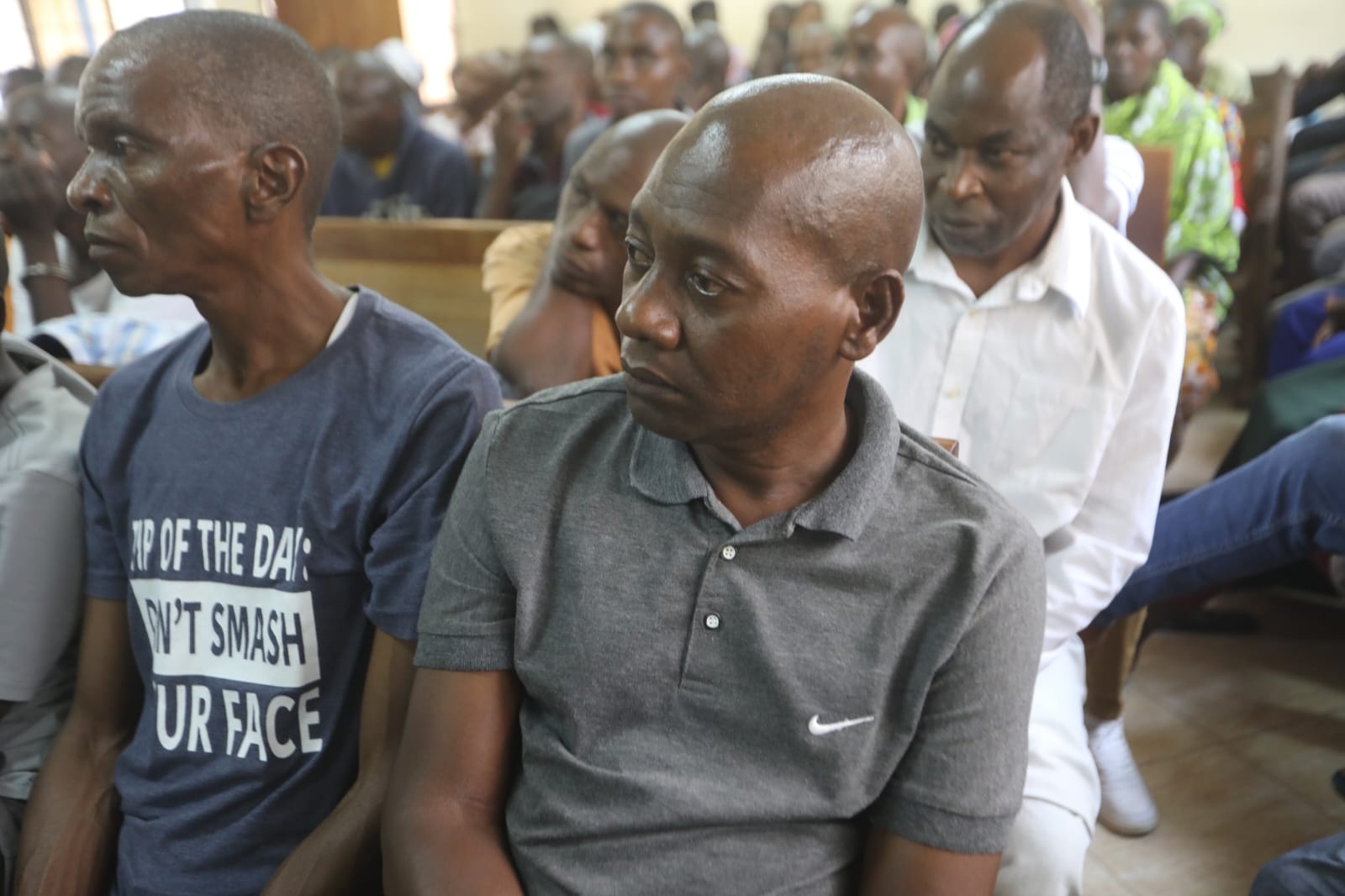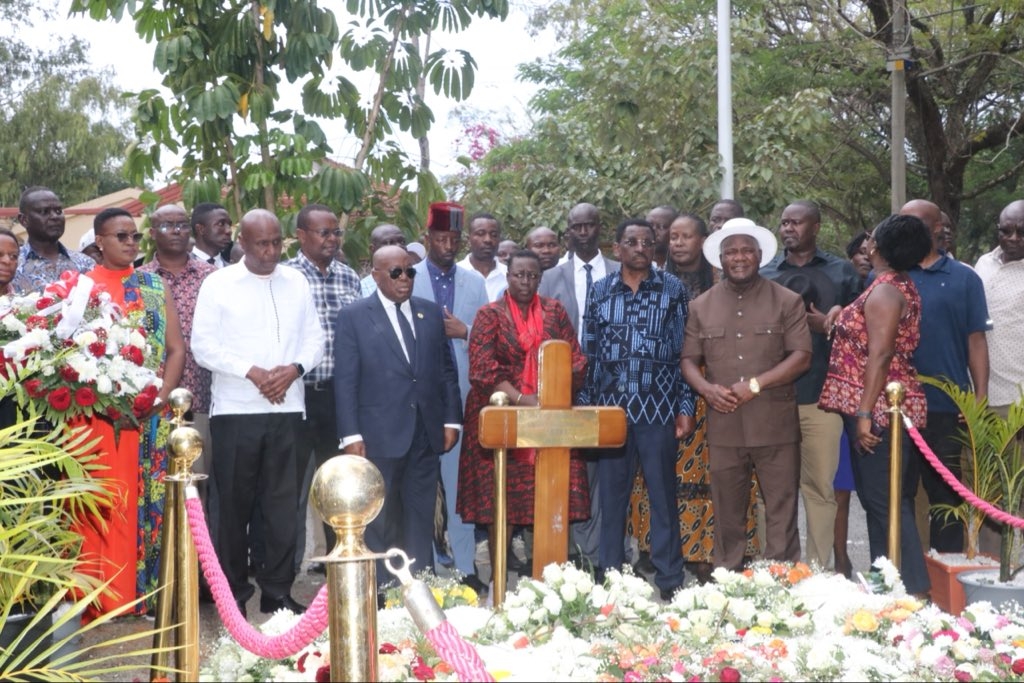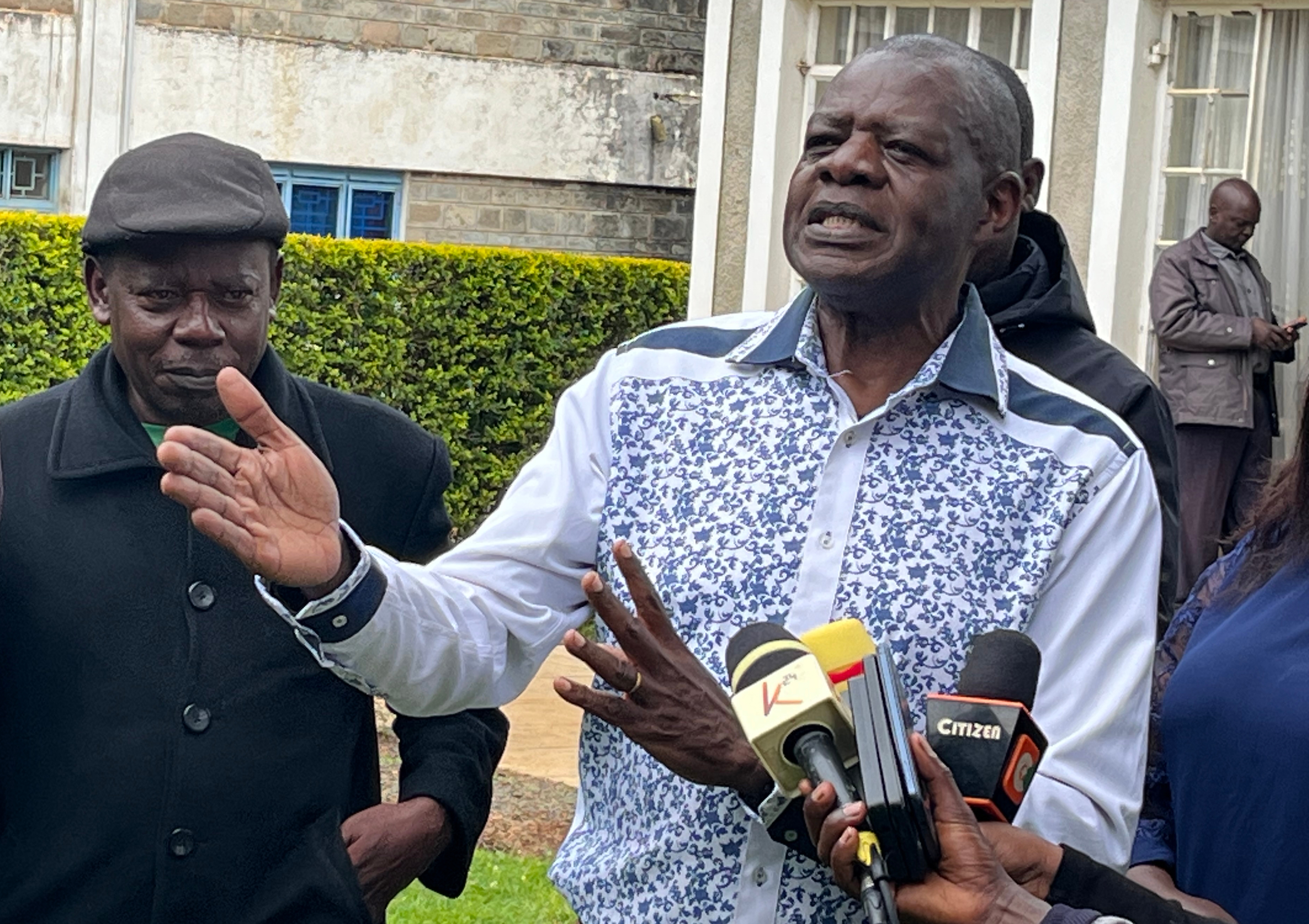Declining land sizes, depletion of soil fertility and poor yields are slowly pushing Kisii from being a food secure region.
What used to be rolling green farms blossoming with a variety of crops have now been subdivided into tiny pieces of land.
Crops like cassava and millet have disappeared from the farms and many large families are no longer able to foot their bills.
Irish potatoes, which used to be in plenty, have to be brought in from Homa Bay county to satisfy the local demand.
Pumpkins have become rare and vegetable farming has since moved to Transmara, Narok county.
"It is a matter of days before we get pushed out of other ventures too," resident Kerubo Mogire said.
The problem is compounded by year-round farming, which has depleted soil fertility.
Kisii county has a population of 1.3 million residents, many of them living in highly fragmented land in the villages.
More than 1,000 people scramble for space within a square kilometre radius, making Kisii one of the most densely populated areas in the country.
The land size for a household now ranges from 0.5 to 4.5 acres.
Governor James Ongwae said the high population has led to subdivision and fragmentation of the available land.
"The effects on agriculture are already evident, mechanisation is not possible here," he said.
Ongwae said the time is ripe to stop further land subdivisions.
"It is time we told our people to begin designating special residential areas for their children so that they can grow crops in the remaining portions of land," he said.
Agriculture executive Ezman Onsarigo said with heavy fragmentation of land, Kisii will no longer be a food secure region.
"Not even ploughing is taking place any more," he said.
A drive through Bobasi, for instance, can give one first-hand experience of how the subdivision of land has affected the area.
Few people have title deeds for these strips of land.
"This has serious implications in the county’s development since a small percentage of the population can access loans for development purposes," he said.
With declining land sizes, bigger families are forced to uproot tea, so they can grow food crops. Others get rid of the crop to have a place to set up houses.
Instead of growing food crops such as maize, many peasants now grow napier grass and bananas for sale.
"Napier grass helps me generate more cash which I use to buy maize for my family," resident Elijah Nyakundi from Ichuni, Keroka, said.
He said if he grows maize on his small piece of land, he would harvest less than a sack. Nyakundi said napier grass brings better returns and he is able to feed his family.
Kisii University Vice Chancellor Prof John Akama urged residents to plant crops such as cassava, which do well even in poor soils.
The crop, he said, requires minimal fertiliser, pesticides and water.
"With declining soil fertility, cassava holds the key to food security in Kisii. We need to invest more in it," he told the Star on Friday in his office.
The agriculture department in the county is also urging farmers to venture into fish farming.
At least 677 farmers have taken up the venture, according to officials.
"We have already started training more farmers to move into this venture," executive Onsarigo said.
Ongwae said residents should also raise chickens to make ends meet.
"When faced with challenges like these, we must surely begin to think outside the box," he told the Star on the phone.
The county plans to start value addition on bananas and avocados to raise farmers' earnings
Edited by A.N


